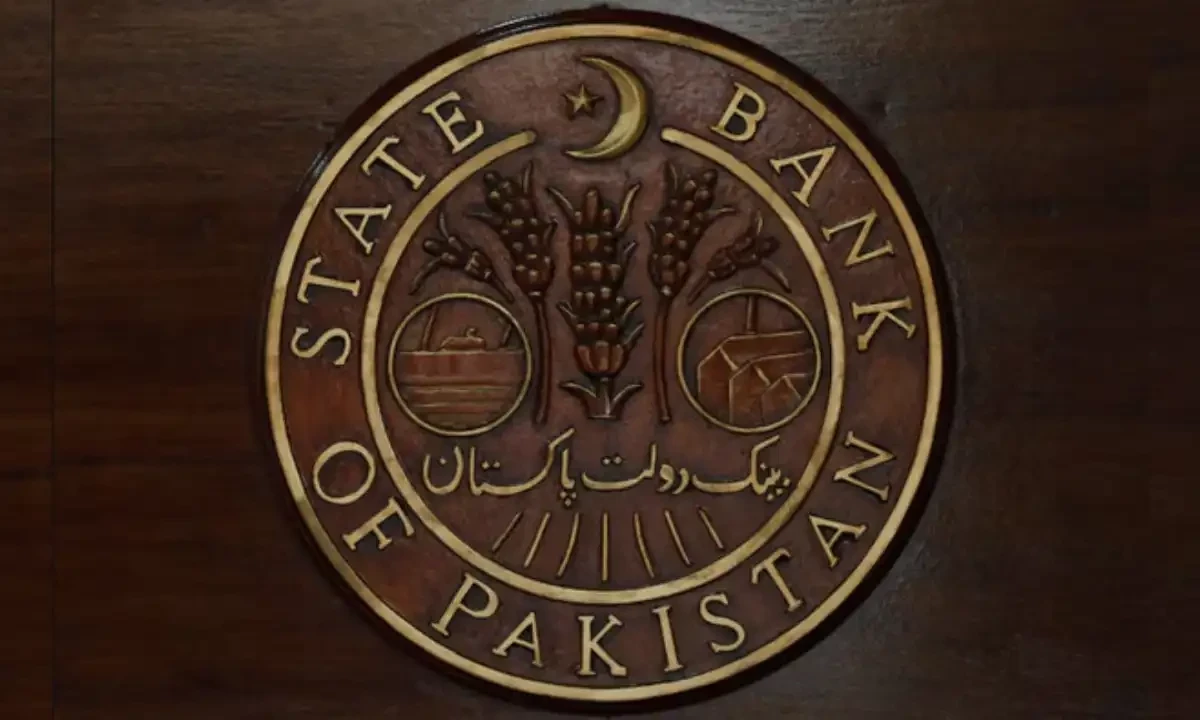SBP revises TT charges reimbursement scheme, effective July 1, 2025
The State Bank of Pakistan (SBP) on Monday announced major revisions to its Telegraphic Transfer (TT) Charges Reimbursement Scheme, effective from July 1, 2025.
Key changes include raising the minimum eligible transaction amount from $100 to $200 and expanding the scheme to cover Exchange Companies (ECs), which were previously excluded.
Under the revised framework, the minimum threshold for TT charge reimbursement is now $200.
Banks could claim reimbursement on transactions as low as $100.
The SBP has mandated that financial institutions (FIs) and their overseas correspondent entities (OCEs) must not charge any fees or commissions to either the sender or the recipient at any stage of a home remittance transaction.
Each remittance transaction must be at least $200 (or its equivalent in other currencies) to qualify, and multiple transactions from the same sender to the same recipient on the same day will be treated as a single transaction.
Moreover, a maximum of five free transactions per month from a single remitter to the same beneficiary through the same OCE will be allowed. The revised rebate structure sets a uniform rate of SAR 20 per eligible transaction.
For the first time, Exchange Companies have been brought under the TT charges reimbursement scheme, to widen the formal remittance network and encourage inflows through non-bank channels.
As per SBP’s directive, ECs must surrender 100% of the foreign currency received from inward home remittances to the interbank market in US dollars on the same day.
Transactions unrelated to home remittances, such as credit card settlements or export proceeds, are not eligible for this incentive.
In a notable policy shift, SBP has also announced the discontinuation of two major remittance-related incentive schemes: the “Incentive Scheme for Marketing of Home Remittances” and the “Exchange Companies Incentive Scheme (ECIS),” also effective July 1, 2025.
To prevent misuse of the TT charges scheme, SBP has laid out strict compliance measures.
OCEs found to be involved in practices like splitting transactions to gain undue benefits or withholding foreign currency intended for Pakistan may face suspension or blacklisting.
Financial institutions are required to implement robust monitoring and auditing systems to detect such activities and take necessary action.
They must also regularly educate their OCE partners on the updated rules and enforce compliance.
For the latest news, follow us on Twitter @Aaj_Urdu. We are also on Facebook, Instagram and YouTube.


























Comments are closed on this story.